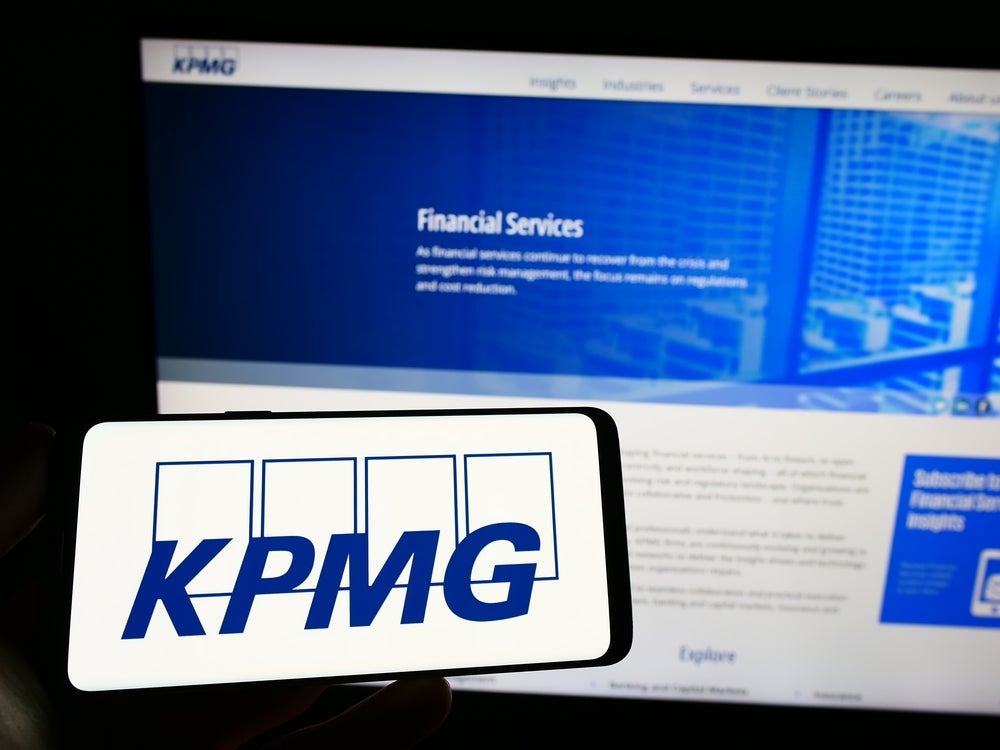
US consumers are demanding GenAI in financial services, but a human-in-the- loop approach is critical for mortgages and investment advice. While younger generations are open to digital banking, even assuming comparable services, brick-and-mortar still retains value for consumers.
Gen Z and millennials are more open to digital banking, alternative lending, and chat bot engagement.

Access deeper industry intelligence
Experience unmatched clarity with a single platform that combines unique data, AI, and human expertise.
Peter Torrente KPMG US Banking and Capital Markets Sector Leader, said: “Banks are investing in order to meet elevated customer expectations, particularly Gen Z and millennials. They desire a tech sector-like experience in this era of digital disruption. Those who can effectively balance the delivery of quality services while addressing trust concerns will be best positioned for future growth.”
KPMG’s inaugural American Perspectives Survey assessed the views of 1,100 adults nationwide. It sought their outlook on areas such as their personal financial situation and the US economy. It examined their spending plans and preferences, and what they expect for the future in an age of what KPMG is calling compound volatility. It is a period that combines near-term risks, such as geopolitical and technology-driven disruption with longer-term structural changes to the US economy, such as the energy transition and sticky inflation.
KPMG American Perspectives consumer finance findings
- 65% are planning more discount shopping, and 14% plan to use buy-now, pay-later services;
- 31% are comfortable with GenAI advice related to mortgages;
- 40% expect their bank to have GenAI capability to help them with their needs
- 44% are optimistic about their outlook on disposable income, compared to 32% who are not;
- 54% are optimistic about their personal financial situation;
- 37% are optimistic about the US economy
- 75% of people do not believe that interest rate cuts by the Federal Reserve would improve their personal financial situation, and
- 53% are concerned about a cybersecurity breach at their bank compromising personal information; 22% are not.
Matt Kramer, KPMG US Line of Business Leader, Products, said: “Similar to business leaders’ attitudes, people’s overall optimism is connected to their confidence in navigating the forces shaping our economy, including GenAI, the energy transition, digitalization, and more. Americans are grappling with compound volatility, requiring businesses and governments to think critically about how they enhance trust, drive innovation and promote growth.”
CEO optimism about the economy contrasts with consumers
KPMG’s CEO Outlook found that CEOs are more optimistic about the US economy than their own companies. People have somewhat of an opposite view with more optimism about their personal financial situation than the economy.

US Tariffs are shifting - will you react or anticipate?
Don’t let policy changes catch you off guard. Stay proactive with real-time data and expert analysis.
By GlobalDataOne hypothesis advanced by KPMG is that CEOs have now seen a resilient U.S. economy grow through disruptions. It gives them confidence in the economy. But the KPMG American Perspectives Survey reveals that people are still somewhat uncomfortable with the forces shaping the economy.
The full report is available to download via the link here







